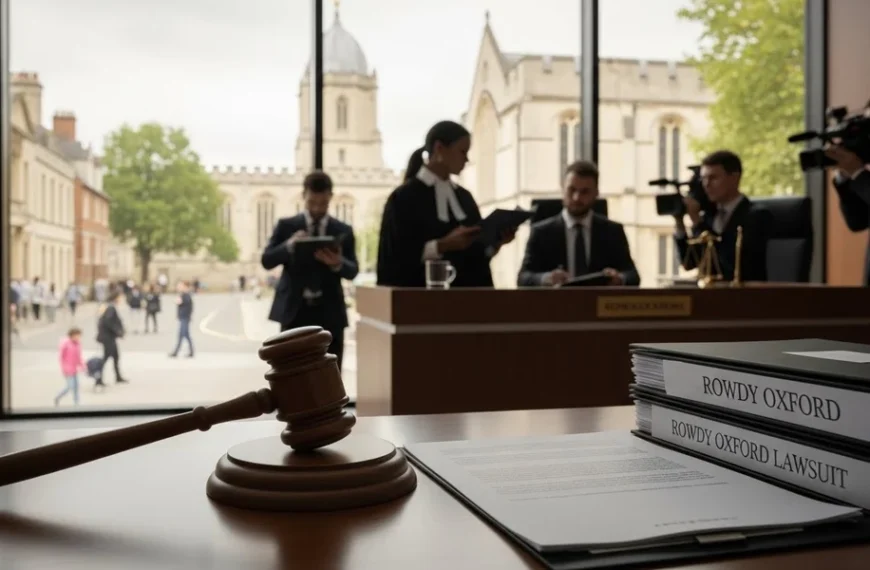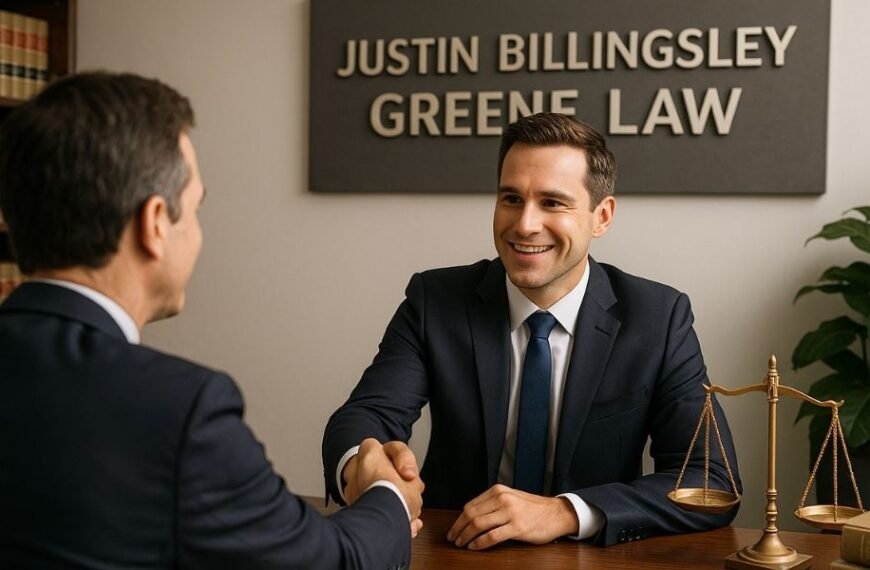Child custody disputes are one of the most emotionally draining situations for a parent. Whether you’re battling a divorce, separation, or fighting for custody, the implications of these actions are immense since the future and welfare of your child are on the line.
That said, finding the right custody lawyer is important in ensuring your parental rights are protected and to ensure that your child’s best interests are not compromised. Given the emotional and legal complications of a custody battle, it is imperative to try to obtain experienced legal guidance.
Having a lawyer familiar with the legal landscape and emotional dynamics of family law can make all the difference. A competent lawyer will make you feel ready to handle every step of the custody process, confident in your ability to prevail.
Below are seven key questions to ask a potential custody lawyer before leveraging their services.
1. What Is Your Experience with Child Custody Cases?
Before hiring a custody lawyer, ask about their direct experience in handling child custody cases. Experience in general family law isn’t always enough; it is imperative to know the custody law and its intricacies.
The more cases a custody lawyer has handled, the better equipped they will be at anticipating and navigating any potential challenges that may arise in yours. Their past outcomes can also provide insight into how effectively they’ve resolved disputes.
2. How Will You Approach My Custody Case?
A custody lawyer should explain their strategy for handling your case every step of the way. Their approach can reveal whether they’ll prioritize negotiation, mediation, or prepare for litigation.
Ensure your lawyer’s tactics will help you achieve your goal, particularly relating to such issues as relocation, joint custody, or visitation.
3. How Do You Prioritize the Best Interests of the Child?
This is the heart of every custody case. A competent lawyer will never settle for anything less than the child’s welfare as a paramount goal of legal progress.
Ask them about how they plan to make sure the custody agreement meets the child’s emotional, educational, and developmental requirements.
- In cases where one parent has a history of substance abuse, how does the attorney plead for supervised visitation or mandatory rehab before unsupervised contact is permitted? This addresses the focus on the child’s physical and emotional safety.
- In relocation requests, what approach does the lawyer use to determine if the move will interrupt schooling, established friendships, or therapeutic support? This is closely related to both educational continuity and the child’s ongoing development.
- Furthermore, how does the attorney mediate a parenting plan that incorporates conflict resolution procedures, consistent discipline, and routines that promote emotional stability in the child if the parents share custody but hold different philosophies?
Their answer will help determine whether they’re just practicing law or truly advocating for families.
4. What Outcomes Can I Reasonably Expect?
It’s important to ask your lawyer to make a realistic evaluation of potential outcomes with respect to your case. While guarantees are unethical, an experienced attorney can provide you with a probable view of possible outcomes.
Their answer is an indication of their expertise as well as their integrity. They should explain how judges typically view similar cases and what factors will most influence the outcome.
5. How Will You Communicate with Me Throughout the Case?
Ongoing, transparent, and frequent communication is vital in any custody case. Ask for information on how often you’ll be updated and how your attorney intends to communicate with you, i.e., by email, phone, or in-person meetings.
You should also inquire whether they use a client portal or case management system that enables you to follow up on your case, download the filed documents, and get access to the calendar events in real time.
Also, find out how long it takes them to respond to the messages.
Clarify whether the firm has a standard response window policy, such as responding within 24 hours on business days and whether paralegals or assistants can offer interim updates in the case the lead attorney is not available.
Knowing you’ll be kept in the loop and your concerns will be heard makes the legal process feel more manageable and less overwhelming.
6. What Are Your Legal Fees and Billing Structure?
Before hiring a custody lawyer, it’s important to understand how they charge. Ask about their hourly rate, retainer fees, what services are included, and whether they may incur additional charges.
Transparency in billing ensures you do not incur unforeseen charges because of billing costs. You should also ask how often you’ll receive invoices and whether your lawyer accepts payment schedules.
7. How Do You Handle High-Conflict Custody Disputes?
Custody battles are usually complicated and chaotic. Some of these situations are complicated by intense emotions, accusations, or uncooperative ex-partners. Ask how the lawyer deals with high-conflict dynamics.
Do they stay calm under pressure? Are they skilled at diffusing tension while protecting your parental rights? In this scenario, how one reacts can reveal their professionalism and emotional intelligence.
Conclusion
Choosing the right custody lawyer is one of the most important steps to protect your relationship with your child. A well-informed decision can lead to a smoother, more stable outcome for your entire family.
You’ll gain insight into an attorney’s experience, communication style, and commitment to your case by asking thoughtful, targeted questions. With the right support, you can navigate custody laws more confidently and receive the guidance you need during this emotionally challenging time.






